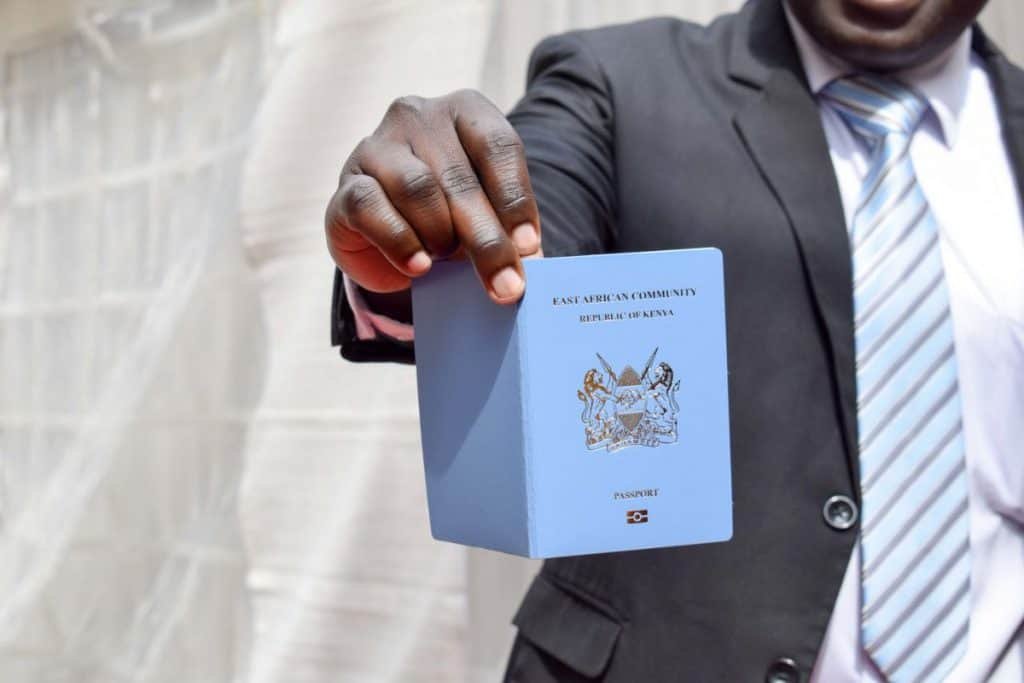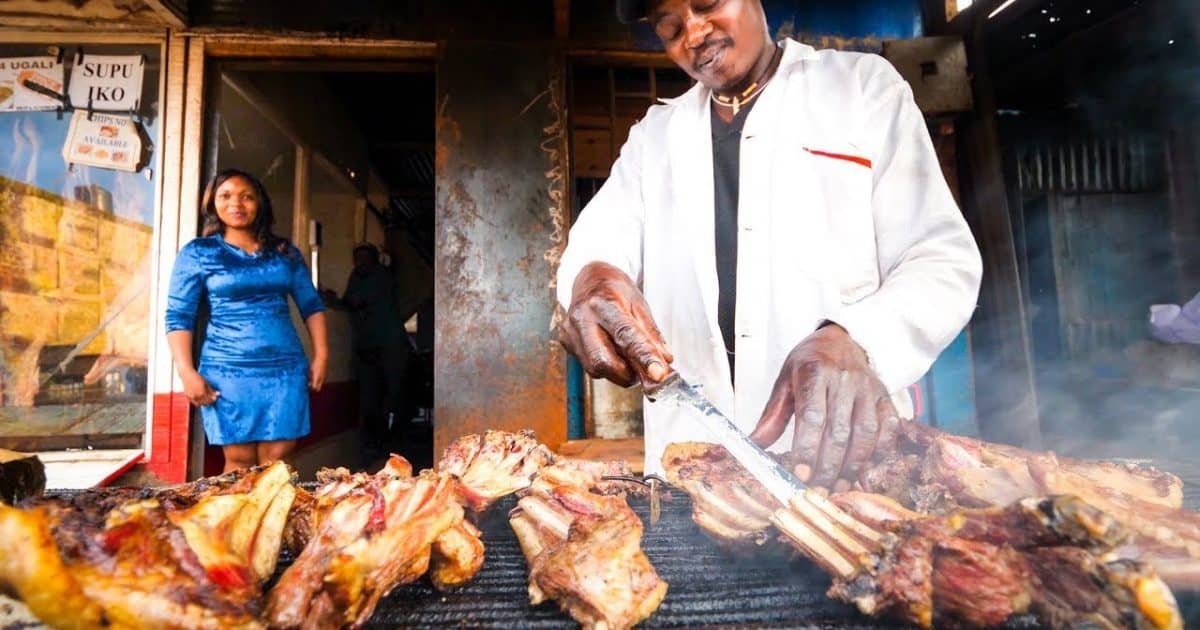
An exciting video of whole chicken servings at a wedding in Uganda has caused a stir on social media, with some witty South Africans going to the extent of declaring it the new wedding standard.
Raphael Joseph11 is quoted by Briefly.co.za as saying: “If your wedding isn’t serving this, please don’t even bother inviting me.”
The Tik Tok footage, shared by @geraldelijah7 shows a long queue of men, some wearing white Kanzus, ankle-length Buganda tunics, going through a buffet line, with one of the servers dropping a whole luwombo chicken on their plates.
Typically, Ugandans serve plateful of food, especially to guests during ceremonies (SEE, Food Choices at Ugandan weddings).
The serving of large food portions in Uganda, as in many other cultures, can be influenced by several factors:
- Hospitality and Generosity: Ugandans, like people in many African cultures, often place a high value on hospitality and generosity. Serving large portions of food is a way to express warmth and hospitality to guests. It’s a sign of generosity and a way to ensure that guests do not leave the table hungry.
- Family and Community Values: Ugandan society places a strong emphasis on family and community. Sharing food and providing ample portions can be seen as a way to strengthen social bonds and show care for one another. Large portions are often associated with abundance and prosperity.
- Traditional Cuisine: Ugandan cuisine includes dishes like matoke (cooked and mashed green bananas), posho (maize porridge), and starchy foods like rice and potatoes, which are often served in generous portions. These dishes are filling and are meant to provide sustenance, especially in regions where physical labor is common.
- Limited Food Waste: In some Ugandan households, there may be limited access to refrigeration and food preservation, which can lead to a “cook once, eat for a while” approach. Serving large portions can help reduce food waste by ensuring that leftovers can be consumed over multiple meals.
- Cultural Significance: Food plays a significant role in Ugandan culture and traditions. Many social gatherings, celebrations, and rituals involve sharing and consuming large amounts of food, which can contribute to the practice of serving big portions.
It’s important to note that serving large food portions is not universal across Uganda, and practices can vary by region, household, and personal preferences. Additionally, as with any cultural practice, these norms may evolve over time, influenced by changing lifestyles and societal factors.







